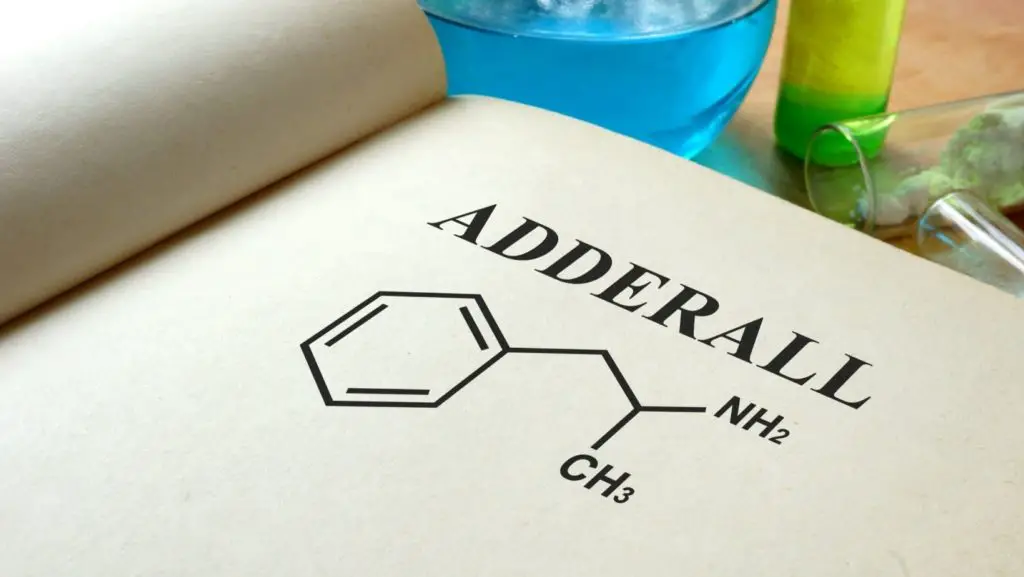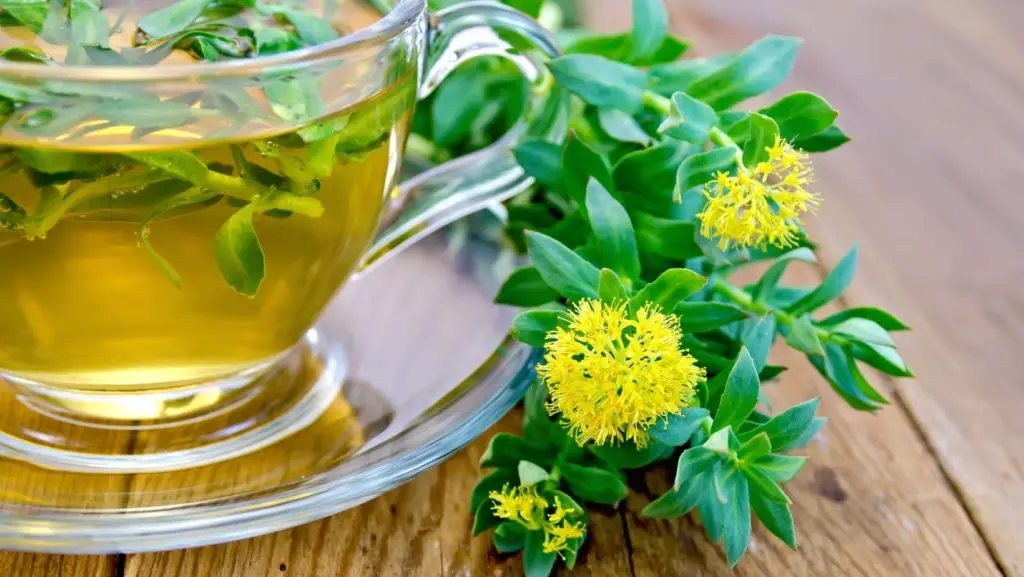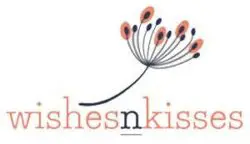We’ve all experienced how tough it can be if you’re struggling to stay focused at work. Maintaining cognitive attention is necessary for everyday tasks and productivity. Adderall is a stimulant that can help you gain energy and enhance your focus.
But Adderall should only be prescribed to you by a licensed medical doctor and should be used with caution. Taking Adderall is linked to several harmful side effects. If you have any side effects, you should contact your doctor right away.

You can take a natural Adderall substitute instead if you want to increase your focus and memory without experiencing withdrawal symptoms or other potentially harmful side effects. These natural vitamins and supplements can help to increase your concentration and memory retention while also increasing your overall brain health.
Please keep in mind that these supplements are not intended to prevent or treat any illnesses or disorders, and they should never be used in place of your prescribed medication. Before adding a supplement to your diet, always consult with your doctor.
With that in mind, here are some great supplements and natural alternatives to Adderall:
1. Ginkgo Biloba

Ginkgo biloba is one of the most popular herbs for improving cognitive health. It has also shown potential as a natural ADHD treatment for young children. Ginkgo works by preserving the neurotransmitter balance in the brain. Most importantly, this herb keeps acetylcholine, norepinephrine, dopamine, and serotonin levels stable. This effect increases attention span and helps to control impulsive behavior.
2. Alpha GPC
Alpha GPC is one of the top Adderall substitutes. This chemical affects the brain by raising accessible acetylcholine levels. This neurotransmitter is necessary for attention and learning. According to a 2011 study, children with ADHD have 50% less of this protein. As a result, Alpha GPC could be administered as a safe and effective Adderall replacement for increasing attention and concentration.
3. L-Theanine
L-Theanine is a non-essential amino acid that provides a huge variety of health benefits. By raising GABA and glycine levels, this safe and natural Adderall substitute helps alleviate tension and anxiety.
GABA and glycine are inhibitory neurotransmitters that help to decrease brain activity. The user experiences emotions of relaxation and peacefulness as a result of this impact.
4. Rhodiola Rosea

Rhodiola Rosea is an Arctic herb that can act as a stimulant, much like Adderall. Fortunately, this plant does not have the same negative side effects associated with amphetamine-based ADHD drugs.
Rhodiola Rosea has been linked to improved memory and mood, according to research. This enhancement happens as a result of the herb’s contribution to the control of serotonin and dopamine. Some of the potential health benefits include increased energy levels, brain processing, and cognitive performance.
5. 5-HTP
5-HTP is a molecule that the body uses to produce serotonin, the “feel-good” neurotransmitter. 5-HTP, like pharmaceutical ADHD medicines, increases serotonin levels in the brain. This activity then has an antidepressant impact and improves mood.
When serotonin levels rise, a person experiences sensations of happiness and well-being. Many people also report that 5-HTP boosts their concentration and creativity.
6. Caffeine
Caffeine has been shown in studies to boost focus and concentration. As a result, it may also be used as a natural Adderall substitute. Caffeine is a stimulant that increases dopamine levels in the brain. It is also a vasoconstrictor, which means that, much like Adderall, it constricts blood vessels in hyperactive parts of the brain.
This impact promotes consistent communication across the brain. To lessen the risk of insomnia, caffeine should not be ingested within six hours of bedtime due to its stimulating qualities.
7. Meditation

While this isn’t a chemical itself, it can help to create positive chemicals in your brain. Meditation has been shown in studies to dramatically improve the management of ADHD treatment and increase focus. In one study, participants who practiced transcendental meditation on a regular basis for three months had significantly reduced symptoms of ADHD.
They also said they felt less stressed, hyperactive, and anxious. Meditation, according to the researchers, can improve activity in areas of the brain that are responsible for learning, focus, and memory.
8. Reduce your sugar intake
Sugar is demonized in modern society, and presumably with good reason: there are a slew of health issues linked to a high intake of processed sugars. Consuming a lot of sugar will also reduce your ability to concentrate and make studying for long periods of time practically impossible.
There appear to be reasonable reasons to believe that a high-sugar diet may increase a person’s risk of having ADHD, whereas a healthy, balanced (low-sugar) diet may guard against it.
9. Pycnogenol
Pycnogenol, a registered trademark brand name for French maritime pine bark extract, is an antioxidant that may enhance circulation and assist decrease blood pressure. Taking this supplement can help to reduce oxidative stress and inflammation in the body, which may ultimately reduce ADHD symptoms.
10. Methionine
Methionine is an amino acid that the body needs in order to produce brain chemicals. S-Adenosyl-L-Methionine is the active form. This type of methionine has been used as a supplement to effectively alleviate symptoms of ADHD and depression. In people with bipolar disorder, this supplement may exacerbate anxiety and manic episodes, so it may not be suitable.
Can natural stimulants be addictive?
Natural Adderall substitutes are typically regarded as safe and non-addictive. Although natural stimulants may change the levels of brain neurotransmitters like dopamine, the effect is small and unlikely to induce serious side effects or addiction.
Caffeine is one such example. Caffeine may produce physical dependence, but it does not cause a significant enough spike in dopamine to disrupt the reward circuit in the brain and cause addiction.
